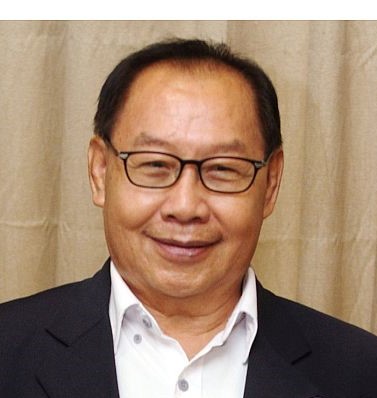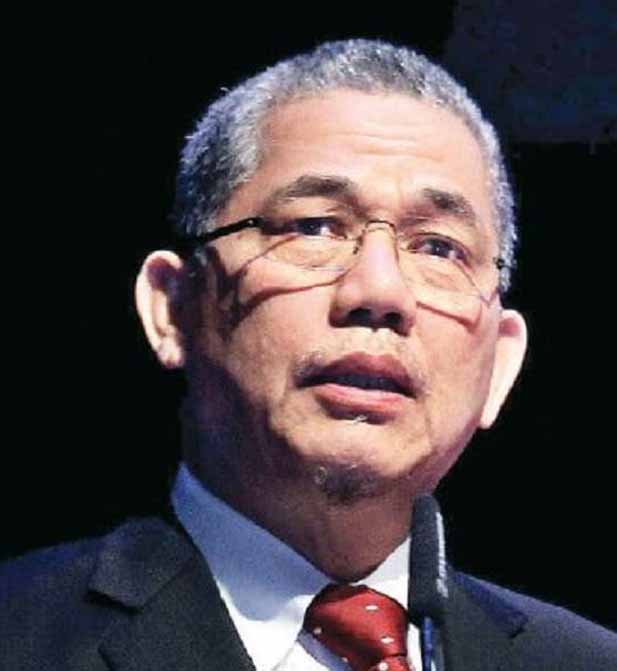
Angelina Zhang
KOTA KINABALU (July 14): Sabah boasts a rich and enduring cultural heritage, shaped by the languages, beliefs, craftsmanship, and life wisdom of over a hundred ethnic groups. This diversity not only highlights the state’s inclusive cultural charm but also holds immense social value and economic potential.
Angelina Zhang Miao, Council member of the Women Entrepreneurs Committee of the Malaysia-China Chamber of Commerce (MCCC) Sabah and a content creator from China who has been living in Sabah for many years, shared that she has been deeply touched by the diversity and authenticity of Sabah’s cultural landscape.
“As a Chinese national who has lived in Sabah for a long time, I’ve come to deeply appreciate how this land treasures and preserves Chinese traditional culture,” she said. “From temple fairs and festivals to calligraphy, lion dances, food, and language, the Chinese community in Sabah has retained their cultural roots with such completeness that even as a ‘foreigner,’ I feel a deep sense of familiarity and emotion.”
Zhang expressed her gratitude to MCCC Sabah President Datuk Dexter Lau for the opportunity to become a Council member of WEC this year. To her, this is not only a shift in personal identity but also a symbol of the deepening and softening cultural and economic ties between China and Malaysia on a people-to-people level.
“I hope that through my dual identity, I can introduce Sabah — a land with breathtaking scenery and culture as its bridge — to the world in a gentle yet powerful way,” she said. “Culture is Sabah’s most heartfelt invitation to the world, and I’m committed to using my creative work to help write the next chapter of that story.”
Her remarks came in response to recent statements by Chief Minister Datuk Seri Hajiji Noor, who reiterated the state government’s commitment to protecting Sabah’s rich and unique cultural heritage. He emphasized continued support for ethnic organizations in preserving their customs, arts and cultural affairs — essential to building a more inclusive and confident Sabah.
Beyond Chinese culture, Zhang has also immersed herself in learning about the traditions of Sabah’s many indigenous groups.
“Sabah’s native cultures are truly unique. They don’t just live in museums or promotional videos — they are alive in people’s daily lives,” she said, describing this “living culture” as one of the state’s most valuable intangible assets and a natural source of soft power.
“Culture isn’t just a label — it’s a form of warmth,” she said. “Sabah’s beauty goes beyond its mountains and seas. It’s a fusion of human stories and emotional depth. If we can package our natural landscapes together with our cultural richness, we’ll have a cultural identity that can shine on the global stage.”
As a veteran in the new media industry, Zhang believes that cultural communication must evolve with the times. In her view, Sabah has unique potential to develop a model that integrates culture, content and tourism, but success hinges on using contemporary language and platforms to tell and share these local stories in an engaging way.
“I’m more than willing to use images, words, and social media to share Sabah’s cultural charm, its scenic beauty, culinary delights, and human warmth with a wider Chinese and international audience,” she said.
She noted that many local cultural groups, art workshops, and craft brands in Sabah are already leveraging e-commerce and digital platforms to transform traditional crafts into marketable and experiential products — the first steps toward true cultural monetization.
“Culture should not only be seen — it should be something that people can take part in, build businesses around, and co-create together,” she said. “This approach will not only foster youth employment and cultural entrepreneurship but also help Sabah stand out in the international cultural tourism market — all without compromising its cultural integrity.”











